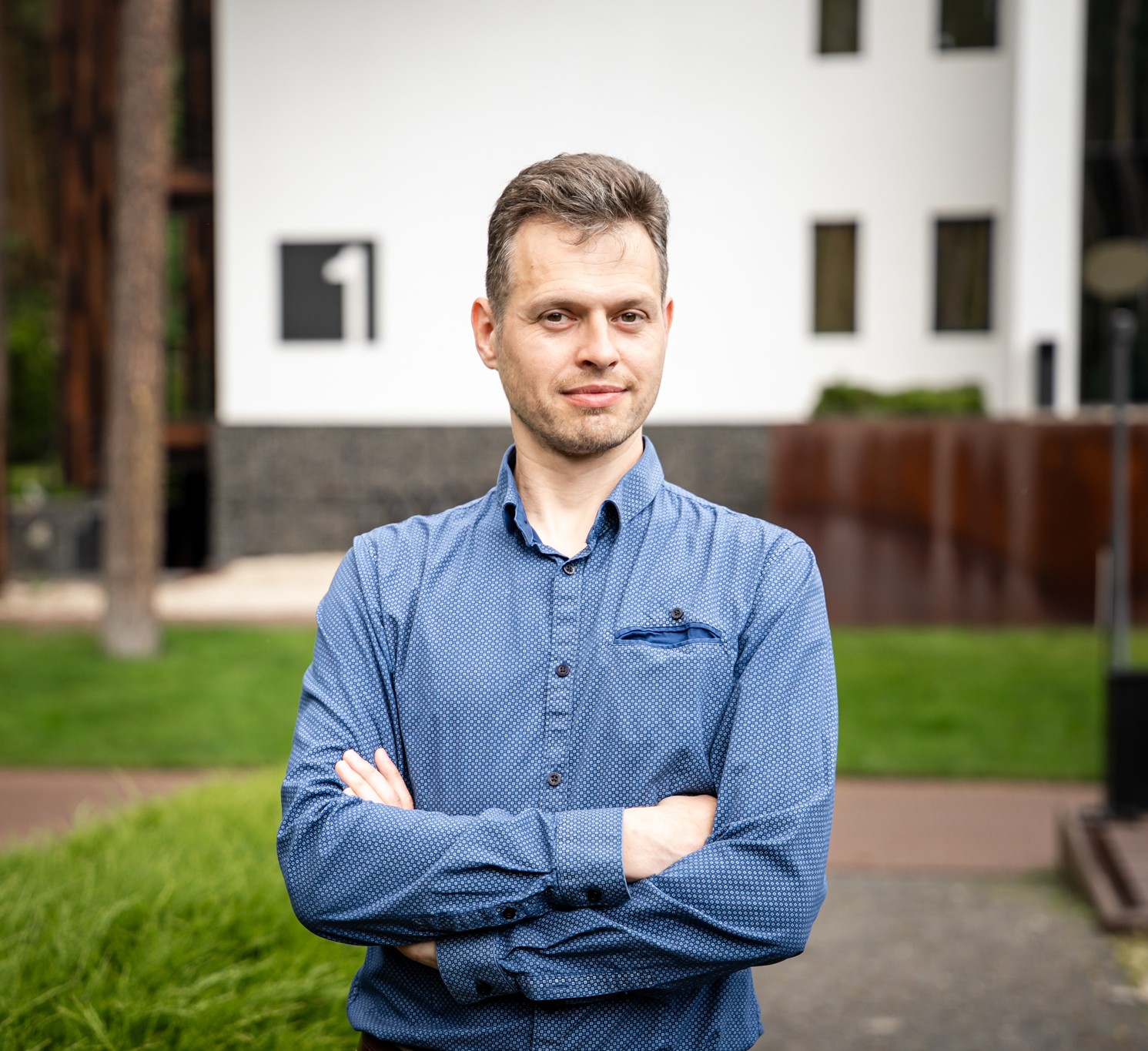- Kyiv School of Economics
- Vaccine hesitancy movement in the days of the COVID-19 crisis: a populist challenge to representative democracy in Ukraine?
Vaccine hesitancy movement in the days of the COVID-19 crisis: a populist challenge to representative democracy in Ukraine?
The project examines political opinions proper to members of the vaccine hesitancy social movement in Ukraine. In particular, we tested a possible positive correlation between populism and vaccine hesitancy to comprehend whether the movement constitutes a populist challenge to democratic consolidation in Ukraine. Although the study focuses on COVID-19-induced vaccine hesitancy in Ukraine, the applied approach to study the subject is appropriate to study the links between populism and vaccine hesitancy in general.
The study was designed as a combination of four data collection methods. First, using an online survey, we measured the intensity of populist beliefs of vaccine-hesitant respondents (our treatment group) and pro-vaccine respondents (our control group). We then coded the collected data and conducted statistical analysis to test causal relations between populism and vaccine hesitancy. Second, we monitored the social networks used by online communities frequented by vaccine hesitators. Third, we conducted participant observations during mass rallies organized by vaccine hesitators. Four, we collected in-depth interviews with members of the vaccine-hesitant community. The study revealed causal relations between the intensity of populist beliefs and vaccine hesitancy. However, apart from populism, vaccine hesitators in Ukraine rarely share political opinions, which suggests that the movement has not been politicized yet.
The project is supported by the Konrad Adenauer Foundation in Ukraine.
Research paper: Ivan Gomza, Maryna Rabinovich, and Mariia Dubyk – Does Vaccine Hesitency Movement Pose a Populist Challenge in Ukraine



